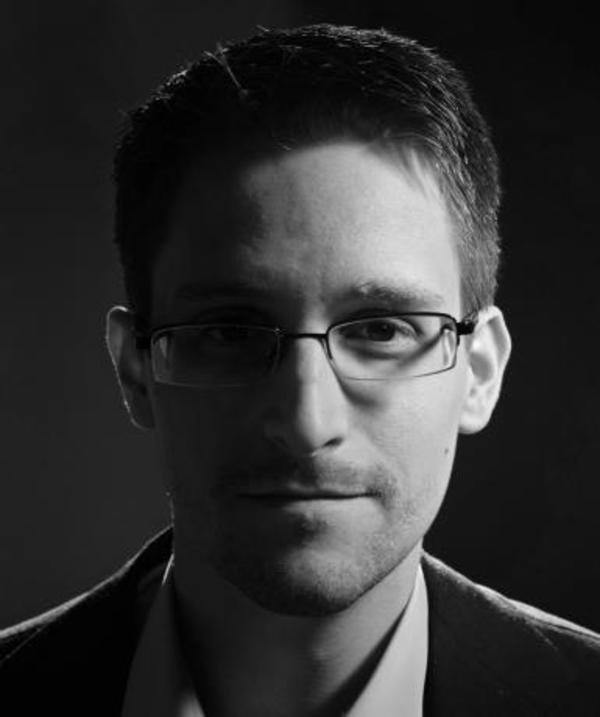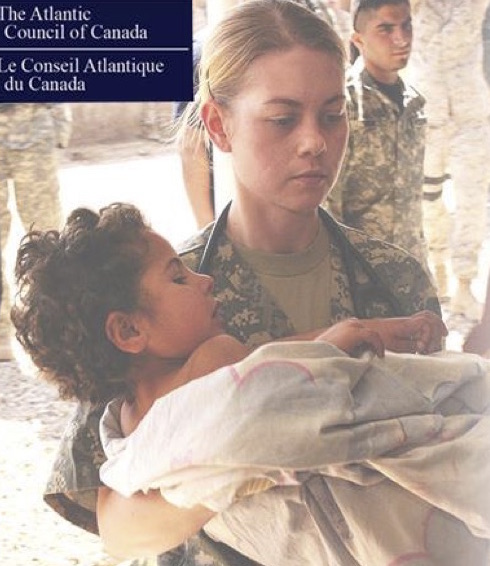The end of US President Obama’s Nuclear Security Summit on April 13, 2010, brought with it the beginning of a new era of nuclear security as 47 world leaders gathered in Washington D.C. for a two-day summit on how to safeguard nuclear materials from terrorists and non-state actors. A joint declaration from the leaders stated that they “welcome and join President Obama’s call to secure all vulnerable nuclear material in four years, as we work together to enhance nuclear security”.
However, the joint agreement made at the Summit is not legally binding, nor are there any legal mechanisms in place to enforce its measures. This does not faze President Obama, nonetheless, as he asserted his confidence in the pledges world leaders made to ensuring nuclear security is at the top of every participating country’s security agenda. During a press conference, President Obama stated that this shows a commitment from world leaders to “embrace our shared responsibility and confront a shared challenge”. Joel Rubin, deputy director and chief operating officer at the American non-governmental organization National Security Network, believes that the biggest challenge will be to “build on the momentum that came out of the communiqué”, ensuring that the multilateral process does take hold and that the world leaders who made the commitments live up to them.
The calls for a nuclear free world from the public have recently been on the rise, with hundreds of anti-nuclear activists in Belgium being detained recently during a protest on April 3, 2010, as a part of a wave of anti-nuclear protests across Europe. The activists were protesting against the alleged storing of nuclear weapons on a military base near the Belgian border with the Netherlands. The Kleine Brogel base is believed to be one of the stockpiles of B61 nuclear bombs, with the other stockpiles in the other NATO member states of Germany, Italy, the Netherlands and Turkey.
The protest comes just as NATO countries are set to begin consultation and revision processes over the Alliance’s New Strategic Concept, and with the NPT Review Conference to be held in May, 2010. Last month, US President Obama and Russian President Dimitry Medvedev agreed to sign a new strategic nuclear arms deal that will reduce their nuclear arsenals, and recently Belgian Prime Minister Yves Leteme’s vowed to promote a nuclear-free world inside NATO. These events have revived the most recent wave of anti-nuclear demonstrations across Europe, with the hope of influencing the NPT Review Conference as well as NATO’s New Strategic Concept.
Yet the biggest challenge to nuclear security for NATO and its allies would be Iran. The topic of sanctions against Iran also overshadowed President Obama’s Nuclear Security Summit, especially with Tehran announcing that it would be holding its own nuclear summit on April 17 and 18, 2010. Iranian president Mahmoud Ahmadinejad’s conference will assumedly seem like a gathering of countries with shared anti-US sentiments, as both Iran and the U.S. were excluded from one another’s conferences. The turnout for the Iranian nuclear conference will be an indication of the success of President Obama’s calls for non-nuclear states to avoid any dealings with Iran during his speech in Prague in April, 2009. The Guardian reported that Tehran has invited states supporting the Non Aligned Movement, such as China, Brazil and South Africa.
China was one of the countries to publicly declare that it still had concerns about sanctions against Iran, particularly in regards to the potential economic ramifications, as most of Chinese supplies of oil comes from Iran. Russia is also another country that has significant economic ties to Iran, and has also stated its concerns regarding the consequences of sanctions against Tehran. The US Government has warned against leaders planning to attend Iran’s nuclear conference, stating that it only serves as a way for President Ahmadinejad to divert attention from Iran’s issues of NPT compliance with the International Atomic Energy Agency by manipulating the disarmament cause. The results of Iran’s conference on nuclear disarmament this weekend will be interesting nonetheless, particularly to see who of Tehran’s invitees will participate, even at the risk of going publicly against the US.
In a world where the old Soviet-era perception of weapons as effective tools of deterrence still resonates, it will truly be a challenge for NATO and its allies to ensure countries remain committed to nuclear security. No one state is any more prone than another when it comes to the threat of nuclear warfare, and it has easily become one of the world’s top security issues. As the calls for a nuclear free world grow increasingly strong, President Obama’s Nuclear Security Summit, the recent US-Russia arms deal and the upcoming NPT Review Conference are all small steps towards producing tangible results and ensuring leaders recognize the urgency and seriousness of nuclear security as a critical threat to global stability. A follow-up Nuclear Security Summit is to be held in South Korea in 2012.
By Tanah Sullivan
Iran issues challenge to the world’s nuclear powers, Vow to safeguard nuclear materials, India Satisfied with Outcome of Washington Nuclear Summit, NSS states affirm vital role of IAEA, Obama hosts nuclear security summit, Terrorism: The Nuclear Summit’s ‘Straw Man’, Obama Reaps Early Success at Nuclear Security Summit, World Takes Aim at Nukes
*Disclaimer: Any views or opinions expressed in this newsletter are solely those of the authors and do not necessarily represent those of the NATO Council of Canada. This article is published for information purposes only.



